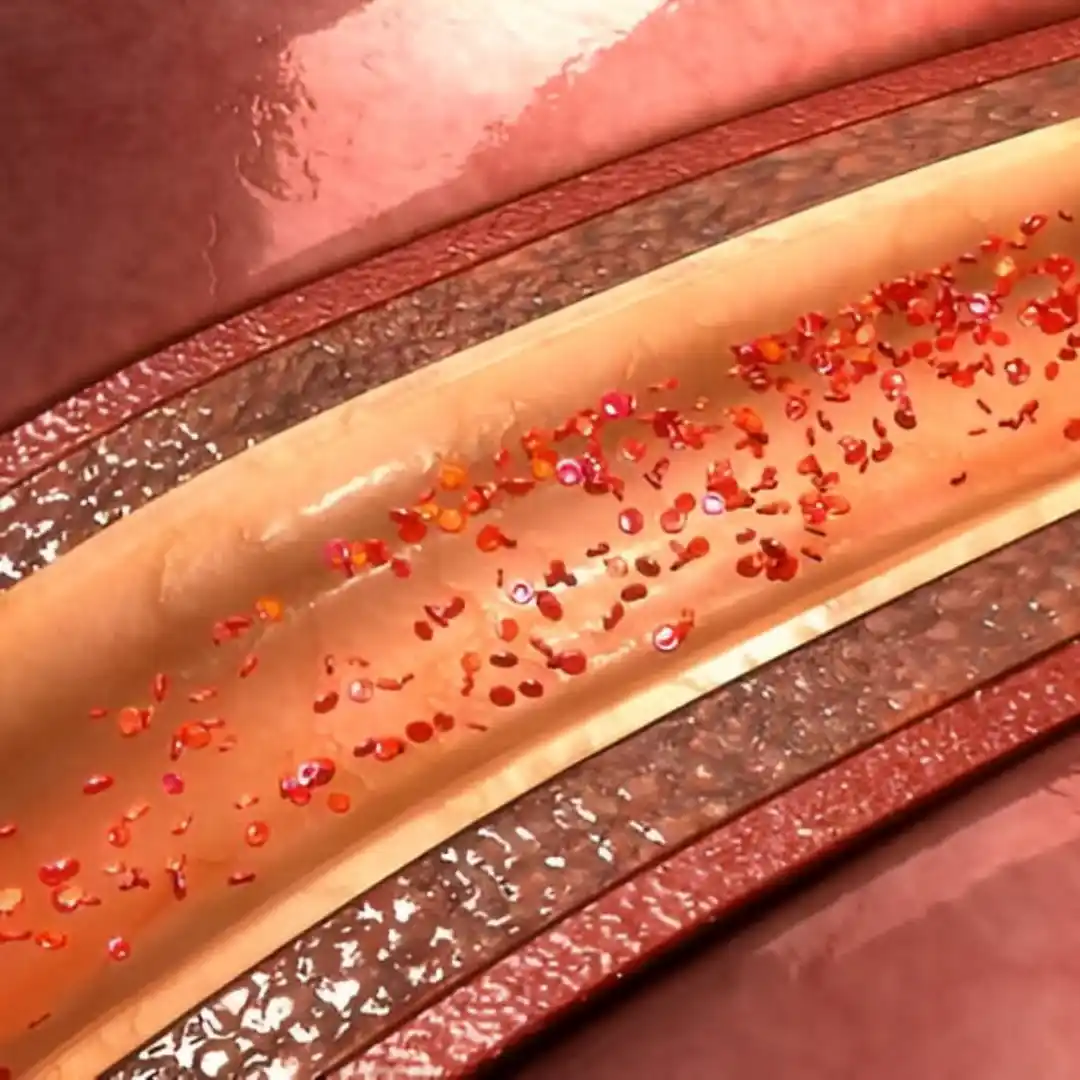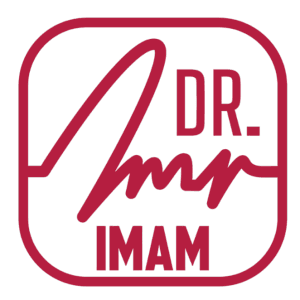جدول محتوي الصفحة
- 1 Arteriosclerosis: Causes, Symptoms, Treatment, and Prevention
- 2 What Is Arteriosclerosis?
- 3 What Causes Arteriosclerosis?
- 4 Symptoms of Arteriosclerosis
- 5 How Is Arteriosclerosis Diagnosed?
- 6 Treatment of Arteriosclerosis
- 7 Possible Complications
- 8 Is Arteriosclerosis Dangerous?
- 9 Prevention of Arteriosclerosis
- 10 In Conclusion
Arteriosclerosis: Causes, Symptoms, Treatment, and Prevention
Arteriosclerosis, commonly known as the hardening or calcification of the arteries, is a chronic condition that affects the flexibility and function of the blood vessels. Over time, calcium and other deposits build up within the arterial walls, causing them to lose elasticity and become rigid.
This condition significantly increases the risk of high blood pressure, heart attack, stroke, and other cardiovascular complications.
In this article, we’ll explore everything you need to know about arteriosclerosis — including its causes, symptoms, diagnosis, treatment, and how to prevent it — with insights from Dr. Amr Imam, Consultant Cardiologist and Interventional Cardiologist.

What Is Arteriosclerosis?
Arteriosclerosis refers to the thickening, hardening, and loss of elasticity in arterial walls, which impairs normal blood flow to vital organs.
Unlike atherosclerosis, which is caused mainly by fatty deposits (plaques), arteriosclerosis is characterized by calcium accumulation and fibrosis in the artery wall.
This process usually happens with aging but can be accelerated by certain health conditions and lifestyle factors.
What Causes Arteriosclerosis?
The exact cause of arteriosclerosis isn’t always clear, but several factors increase the risk of developing the condition:
Aging – Arteries naturally stiffen with age due to gradual calcium buildup.
High blood pressure – Continuous pressure damages the arterial lining and speeds up calcification.
High cholesterol levels – Increases the chance of both fatty and calcium deposits inside arteries.
Diabetes – High blood sugar promotes inflammation and damage to the blood vessels.
Smoking – Nicotine and toxins in cigarettes reduce oxygen levels and cause direct injury to arteries.
Lack of physical activity – Leads to poor circulation and higher cholesterol and blood pressure.
Obesity – Increases the strain on the heart and accelerates vascular aging.
Genetic factors – Family history of early heart disease or hypertension may increase susceptibility.
Symptoms of Arteriosclerosis
In its early stages, arteriosclerosis often develops silently without noticeable symptoms.
As the arteries become more calcified and narrow, symptoms may appear depending on which arteries are affected:
In coronary arteries (heart): Chest pain or tightness (angina), shortness of breath, or fatigue with exertion.
In carotid arteries (neck): Dizziness, blurred vision, weakness, or numbness on one side — possible warning signs of stroke.
In peripheral arteries (legs): Pain or cramping in the legs during walking (intermittent claudication), cold feet, or slow-healing wounds.
In renal arteries (kidneys): High blood pressure that’s difficult to control or reduced kidney function.
How Is Arteriosclerosis Diagnosed?
Early detection is key to preventing complications.
Dr. Amr Imam begins with a detailed clinical evaluation and medical history, then recommends specific tests such as:
Blood tests: To measure cholesterol, blood sugar, and kidney function.
Electrocardiogram (ECG): To detect electrical changes in the heart.
Echocardiography: Uses ultrasound to assess heart function and detect stiffness in large arteries.
Doppler ultrasound: Evaluates blood flow and identifies narrowed or hardened arteries.
CT or MRI angiography: Visualizes calcified areas in the arteries.
Cardiac catheterization: The most precise diagnostic tool, used to assess coronary artery narrowing.
Treatment of Arteriosclerosis
While arteriosclerosis cannot be completely reversed, treatment aims to control risk factors, prevent complications, and improve blood flow.
Treatment options include:
1. Lifestyle Modifications
These are the foundation of any treatment plan:
Follow a heart-healthy diet rich in fruits, vegetables, whole grains, and lean proteins.
Limit salt, saturated fats, and processed foods.
Exercise regularly — at least 30 minutes of moderate activity most days.
Quit smoking and reduce alcohol consumption.
Manage stress through relaxation, meditation, or breathing exercises.
Maintain a healthy body weight.
2. Medications
Depending on the condition, the doctor may prescribe:
Statins – To reduce cholesterol and slow plaque buildup.
Antihypertensive drugs – To control blood pressure.
Antiplatelet agents (like aspirin) – To prevent blood clots.
Diabetes medications – To regulate blood sugar levels.
Vasodilators – To improve blood flow by relaxing vessel walls.
3. Interventional or Surgical Treatments
If arteries become significantly narrowed or blocked, interventional cardiology procedures may be necessary, such as:
Balloon angioplasty and stent placement – Performed through a catheter to open blocked arteries.
Bypass surgery – In severe cases, to restore blood flow using grafted vessels.
Dr. Amr Imam specializes in advanced catheter-based procedures that allow precise treatment with minimal recovery time.
Possible Complications
Untreated arteriosclerosis can lead to serious — even life-threatening — complications, including:
Heart attack (myocardial infarction)
Stroke (cerebrovascular accident)
Aneurysm rupture
Chronic kidney disease
Peripheral artery disease and tissue death (gangrene)
That’s why early diagnosis and treatment are crucial to prevent irreversible damage.
Is Arteriosclerosis Dangerous?
Yes — arteriosclerosis is considered a serious cardiovascular condition because it progresses silently and may not show symptoms until severe damage occurs.
However, with proper management, patients can live long and active lives.
The key lies in regular medical follow-up, lifestyle changes, and adherence to treatment.
Prevention of Arteriosclerosis
Preventing arteriosclerosis starts with healthy daily habits.
Here are essential tips recommended by Dr. Amr Imam:
Eat a balanced, low-fat diet rich in omega-3 and antioxidants.
Exercise consistently.
Keep blood pressure, cholesterol, and blood sugar under control.
Quit smoking permanently.
Get regular health check-ups after the age of 40.
Stay hydrated and manage stress effectively.
In Conclusion
Arteriosclerosis may develop quietly, but its impact on the heart and overall health can be severe if left untreated.
By adopting a heart-healthy lifestyle and seeking medical advice early, it’s possible to control the disease and prevent complications.
With his expertise in cardiac catheterization and minimally invasive treatments,
Dr. Amr Imam provides advanced, personalized care for patients with arteriosclerosis and other vascular conditions — helping them maintain strong, healthy arteries and a better quality of life

لا تعليق